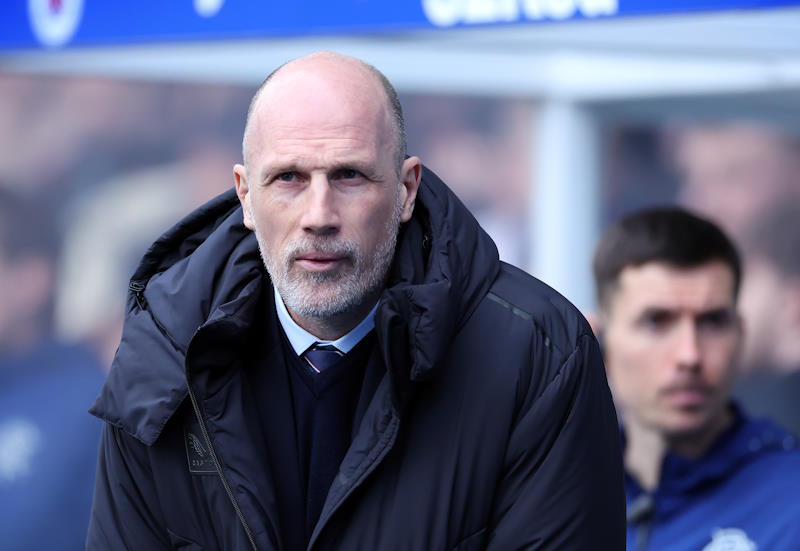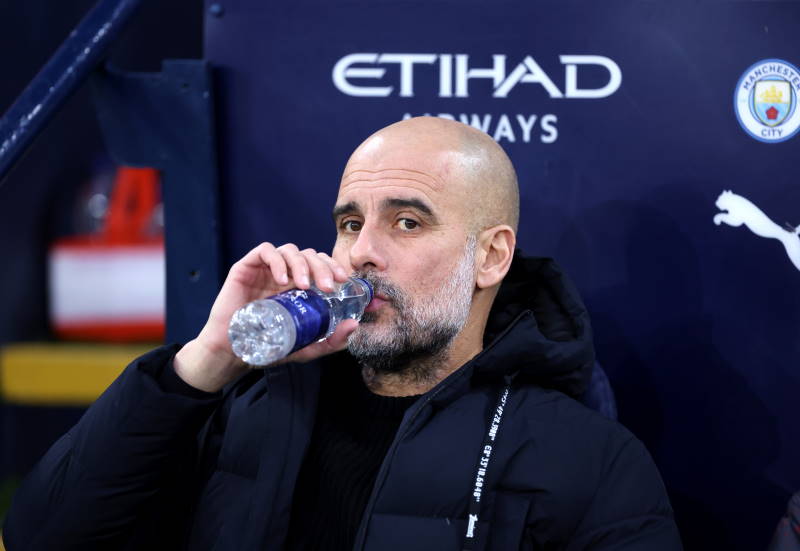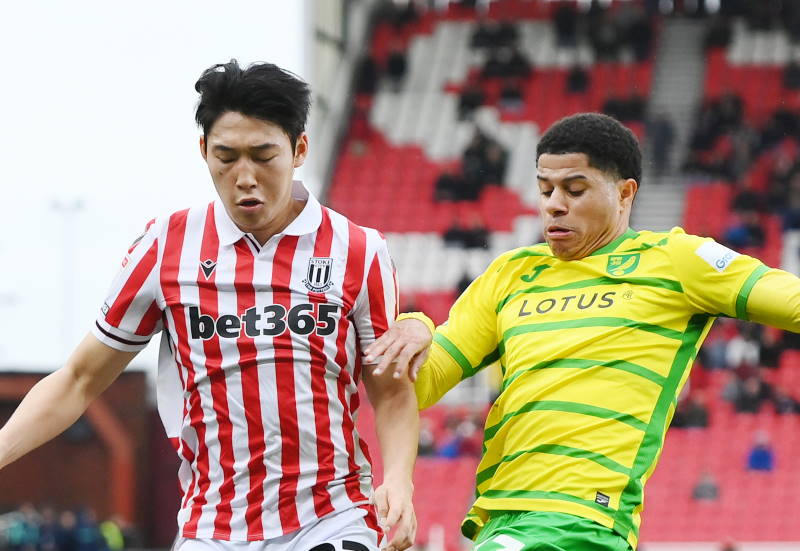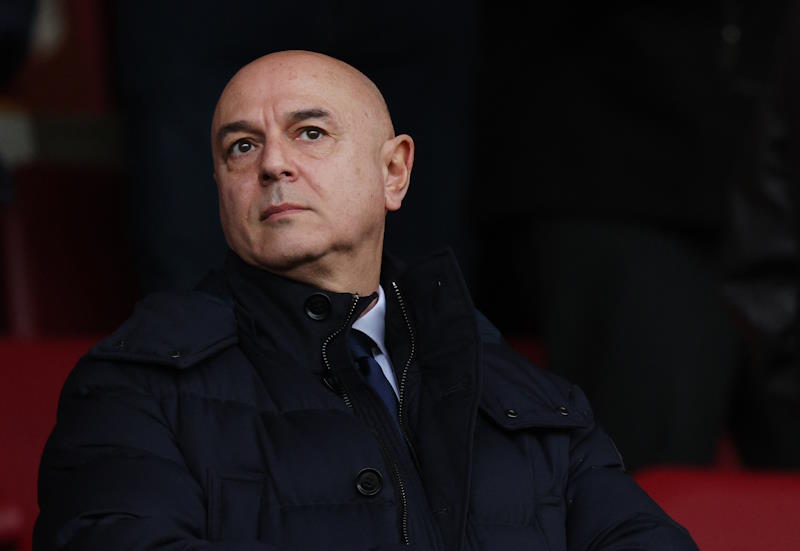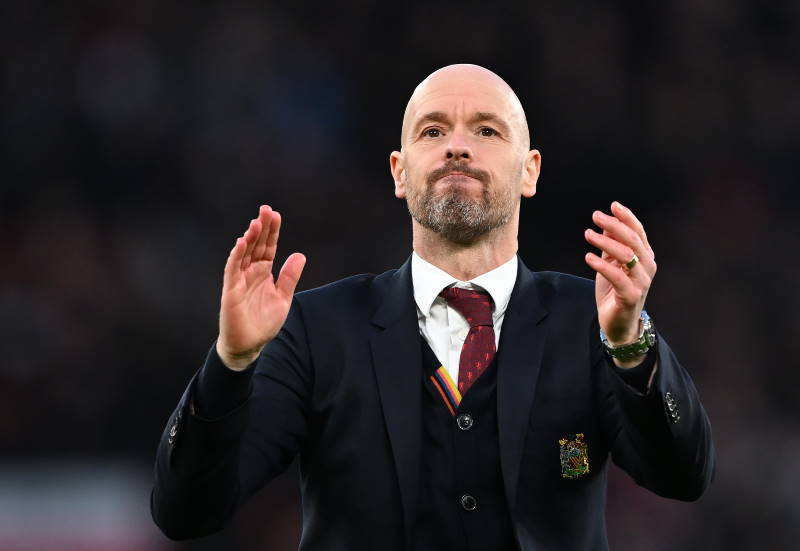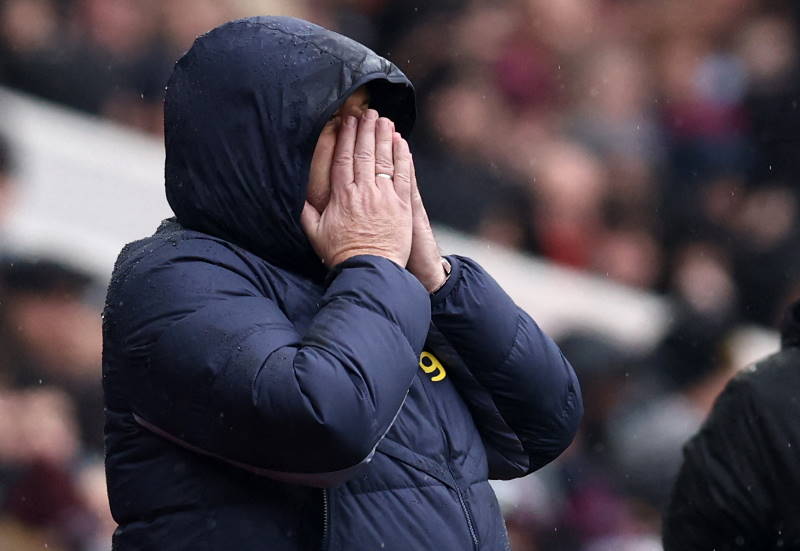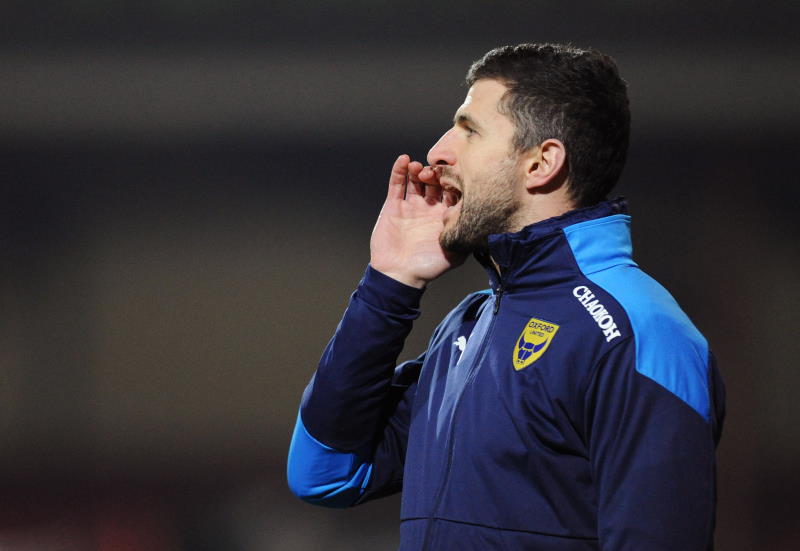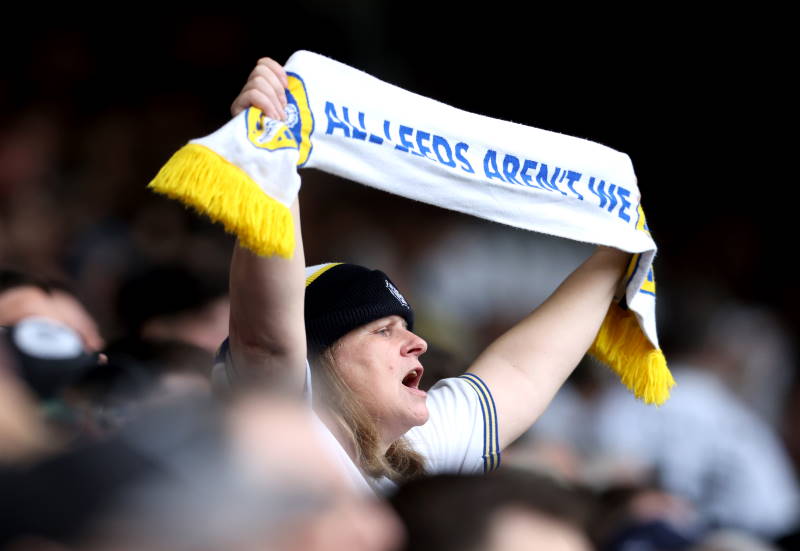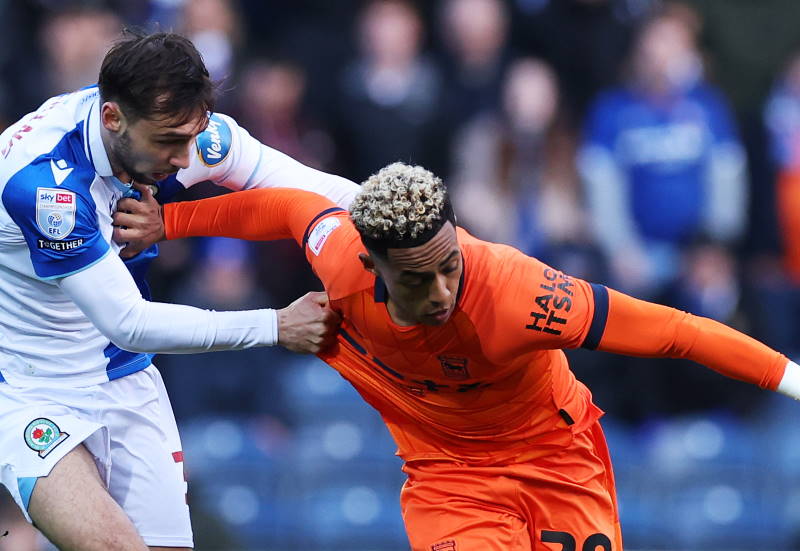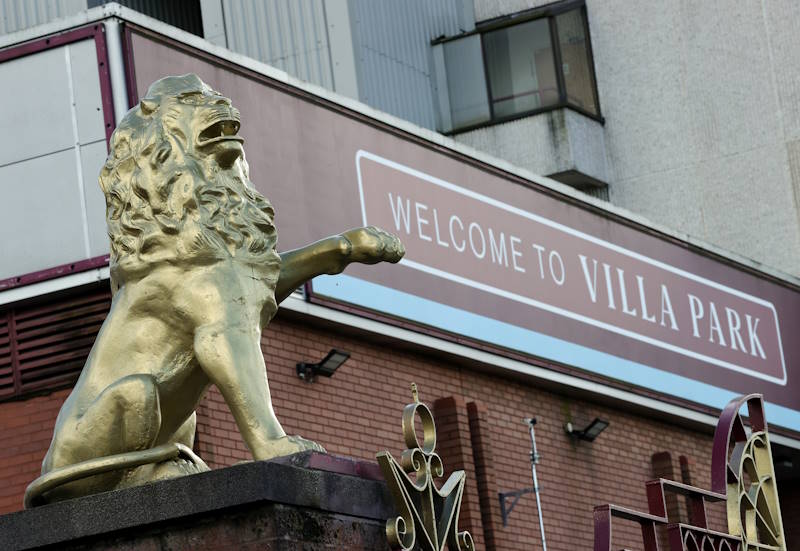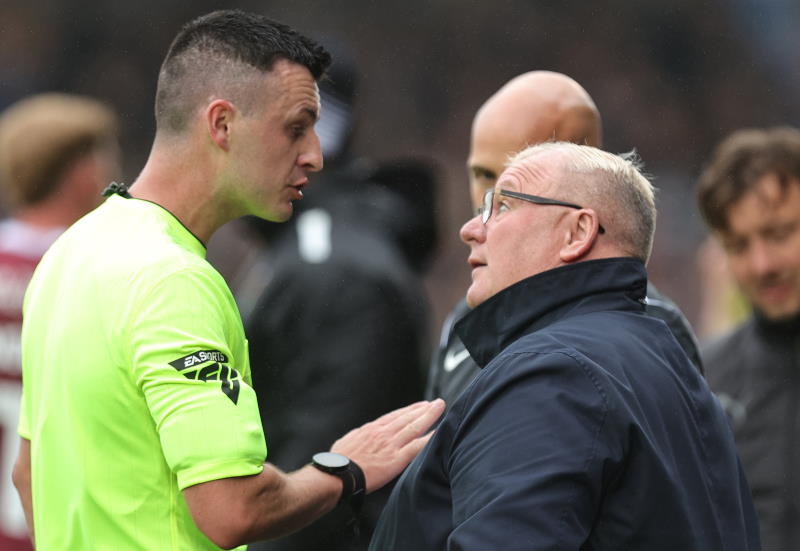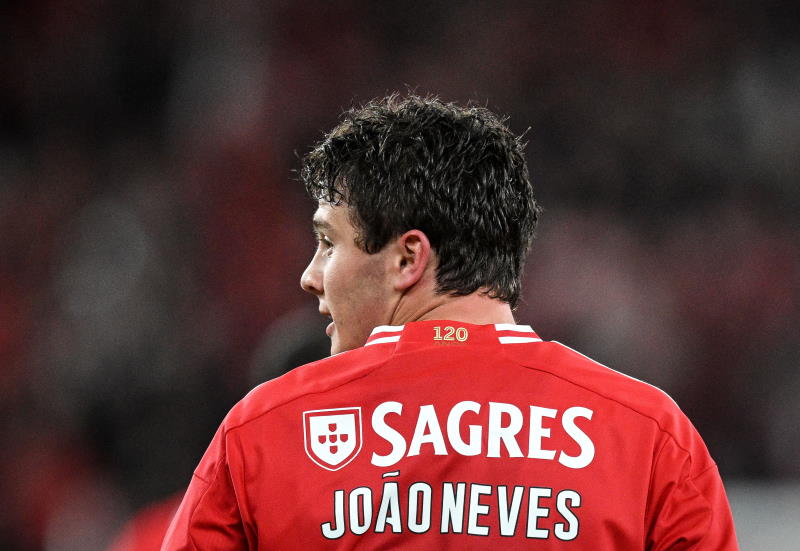
The last time Arsenal started a league season by going 270 minutes without conceding a goal, France were getting around to removing their troops from Germany following the First World War. It should be noted however that the same season, 1924/25, was also the closest Arsenal have come to being relegated in the last 100 years.
Arsenal played two of the most defensive teams in the Premier League in their opening two matches of the current campaign and given that Arsene Wenger’s men were unable to score in either of those games, hardly gave their opponents a reason to go all out for a goal of their own.
relatedArticle But in spite of any mitigating circumstances, there is naturally significant optimism at the Emirates, as fans ponder how the Gunners have managed to find themselves in a position where their defence is, at the present rate at least, more reliable than that of either Manchester clubs, or even a Chelsea backline which took the Blues to Champions League success last year: It is quite some turnaround. This season, Manchester City and Manchester United have conceded six and five goals in league respectively, while the Gunners defence has let in just one at the time of writing. On top of this, Arsenal made do without Laurent Koscielny and Bacary Sagna for all four league games so far and have missed shot-stopper Wojciech Szczesny. Usually Arsenal’s defensive flaws are exposed the moment a back-up player comes into the team, such as a Carl Jenkinson or Vito Mannone, and sometimes even when at full strength. Not now.
So how exactly has Wenger managed to turn his team into the meanest in the Premier League?
A large part of the answer is that Wenger has not done this – it is the work of his new assistant, Steve Bould. The one member of the famous Arsenal back four who was not actually part of the back four unless Tony Adams or Martin Keown was unavailable, he has brought organisation and solidity. Bould has also taught the backline some of the old tricks from his days as part of Arsenal’s most heralded defence. The Gunners’ back four are now a more compact unit who keep their shape and in which each player understands and crucially performs their defensive duties. Relatively simple things, but important tactically and something Arsenal had neglected previously.
Bould’s sterling work this summer raises the obvious question – why did Wenger not promote him sooner? Some would point out that there is only so much that can be done with players such as Manuel Almunia (now at Watford) or Sebastien Squillaci, but even so, it is hard to imagine Arsenal not making some improvements at an earlier stage had Bould been appointed sooner with the basics of defending instilled. The Gunners may well have won the 2011 League Cup for a start and maybe even another trophy too. Title challenges have floundered on the fact that Arsenal have been one of the easiest teams to counter-attack against in the Premier League. On the back foot Wenger’s men have been laughably disorganised at times, with their most effective method of preventing counter-attacks being the pace of defenders to make a last ditch tackle. It is true that Arsenal have enjoyed title challenges in spite of this and so while no one will know if Wenger’s men could have actually won the Premier League with an improved backline, it is self-evidently more likely.
But there are other reasons for Arsenal’s improvements at the back too, which Bould is not responsible for. Perhaps the most important is the new mentality Arsenal’s latest signings have instilled. Last year the Gunners brought in German defender Per Mertesacker and Spanish midfielder Mikel Arteta, this year forwards Olivier Giroud and Lukas Podolski have landed, along with winger Santi Cazorla: Players in the prime of their careers, and therefore not in the category of ‘will develop into a world class player and leave the club.’
These players’ experience and hard-working mentality has also had a huge impact. Podolski, Cazorla and Giroud are experienced enough to realise that hard work is needed to get to the top and defensive duties must be fulfilled. Samir Nasri (now at Manchester City), Andrei Arshavin and at times Theo Walcott have all been found wanting defensively in recent years, often abdicating defensive duties and leaving full backs isolated. The same can be said for Alex Song (now of Barcelona), who in spite of being deployed as a defensive midfielder had tended to let Arsenal’s centre backs fend for themselves in his desire to be a more creative influence further forward.
The defensive midfield position is perhaps the biggest key to Arsenal’s improved fortunes. It has been argued that Arsenal need an all-action, warrior style defensive midfielder who will ‘put himself about a bit.’ This in spite of the fact that for all the valid criticism aimed at Wenger’s men for numerous reasons, the one thing Arsenal have consistently been the best at even during the years of struggle, is keeping the ball and dominating possession – not possible if a team cannot win the ball in midfield, or are not strong enough to hold it.
Intriguingly, Wenger has actually gone in the opposite direction and with success. Now playing as Arsenal’s defensive midfielder is Arteta, more usually associated with his attacking prowess. Arsenal’s comfortable 2-0 victory against Liverpool epitomised the transition and role the Spaniard has come to play. He often stayed back and worked particularly well with Mertesacker. The German defender’s pass completion in the game was better than any other defender, mainly because he continually passed it just a few yards to Arteta. By comparison, when Arsenal faced Liverpool at Anfield last year, Koscielny, playing in the same position in defence, completed just one pass to Alex Song. Although Arsenal won that day, they were comprehensively outplayed and rather lucky; unlike the most recent Anfield encounter, where although Liverpool enjoyed plenty of possession too, they rarely looked like scoring.
Dropping deep, Arteta could receive the ball and pass it to Santi Cazorla or one of Arsenal’s more advanced midfielders. Few of his passes for Arsenal are particularly ambitious; they tend to be short, accurate and fast; not only good for attacks, but also for defence. Arteta’s importance to his side’s ball retention means that Arsenal give the ball away less and face fewer counter-attacks as a result.
Arteta’s accuracy and positional sense, allied to his ability to ‘mix it’, means that Arsenal have developed an intelligent defensive system, where their back four is resilient enough to withstand most attacks and use the Spaniard to get the ball forward quickly. Last season Arsenal won just one game when Arteta was absent, conceding 2.3 goals per match. With him, they conceded 0.92 goals each game, only fractionally more than Manchester United. This was mainly because whenever the rest of the midfield would run forward in their unpredictable attacking formation, Arteta would stay deeper, wary of the threat Arsenal faced on the break.
In this way, Arteta is typical of the ‘new’ Arsenal – more experienced, disciplined and aware of his defensive duties, as well as able to keep his part of the team shape, the Spaniard has become perhaps the most important piece of the improved and efficient Arsenal defence. Whilst many have focused on asking where the goals will come from to replace Robin van Persie, Arsenal have decided that equally as useful will be reducing the number conceded. Even if Van Persie’s goals cannot be replaced, this unusual solidity is bringing renewed hope that Arsenal’s long trophy drought may come to an end soon.

